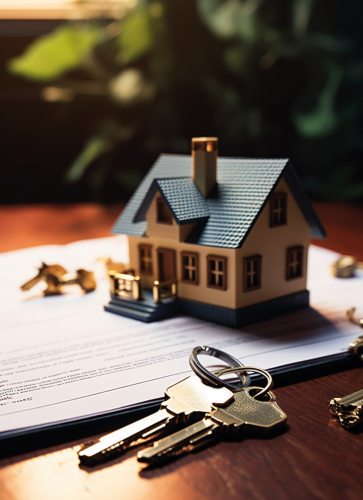Welcome to MortgagePoint!
In our continuous effort to provide comprehensive and timely information, we’ve combined the strengths of DS News and MReport into one unified platform – MortgagePoint. This new platform offers a 360-degree view of the mortgage industry, including insights on loan origination, default servicing, and more.
You will be redirected to MortgagePoint, where you can continue to access high-quality content and stay informed about the latest industry trends.
Thank you for your continued support.
MortgagePoint: Where Mortgage Professionals Thrive.


